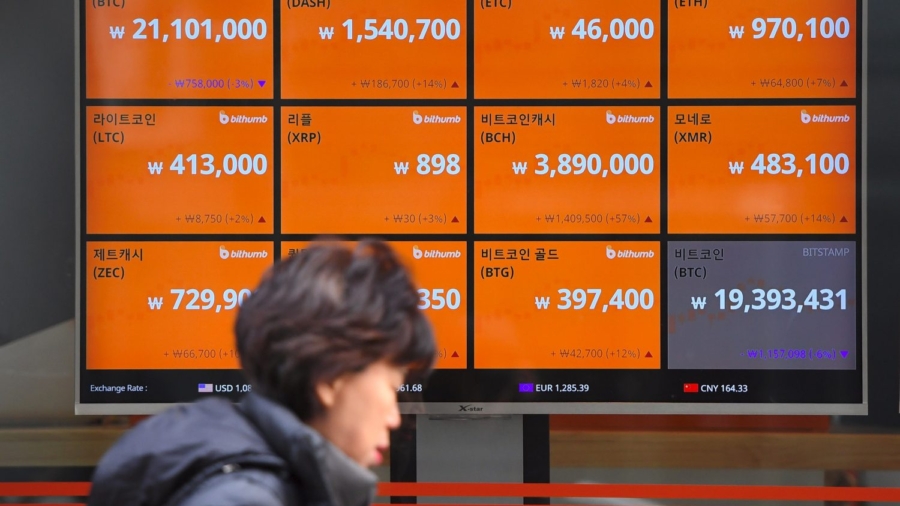A U.S. citizen has been arrested and charged with violating the International Emergency Economic Powers Act (IEEPA) after allegedly traveling to North Korea to give technical advice on using cryptocurrency and blockchain technology to evade sanctions.
Virgil Griffith, 36, was arrested at the Los Angeles International Airport on Friday and was set to appear in federal court later that day, the Department of Justice (DOJ) said in a news release.
“Virgil Griffith provided highly technical information to North Korea, knowing that this information could be used to help North Korea launder money and evade sanctions. In allegedly doing so, Griffith jeopardized the sanctions that both Congress and the president have enacted to place maximum pressure on North Korea’s dangerous regime,” said U.S. Attorney Geoffrey S. Berman.
Griffith, a U.S. citizen who lives in Singapore, allegedly traveled to North Korea via China in or around April to attend the Pyongyang Blockchain and Cryptocurrency Conference where he delivered a presentation on how the regime could “use blockchain and cryptocurrency technology to launder money and evade sanctions.”
His presentation, which was approved by North Korean officials, focused primarily on how the use blockchain technology including smart contracts could benefit the regime, the DOJ stated. He also allegedly planned to “facilitate the exchange of cryptocurrency between [North Korea] and South Korea.”
Under IEEPA and Executive Order 13466, U.S. citizens are prohibited from “exporting any goods, services, or technology” to North Korea without a license from the Department of Treasury, Office of Foreign Assets Control (OFAC).
According to the Justice Department, Griffith never sought permission from the OFAC and knew that his alleged actions violated U.S. sanctions against North Korea. Furthermore, the Department of State had denied Griffith permission to travel to North Korea, according to the release.

“Despite receiving warnings not to go, Griffith allegedly traveled to one of the United States’ foremost adversaries, North Korea, where he taught his audience how to use blockchain technology to evade sanctions,” said Assistant Attorney General John Demers.
“There are deliberate reasons sanctions have been levied on North Korea. The country and its leader pose a literal threat to our national security and that of our allies. Mr. Griffith allegedly traveled to North Korea without permission from the federal government, and with knowledge what he was doing was against the law,” said FBI Assistant Director-in-Charge William F. Sweeney Jr.
He added, “We cannot allow anyone to evade sanctions, because the consequences of North Korea obtaining funding, technology, and information to further its desire to build nuclear weapons put the world at risk. It’s even more egregious that a U.S. citizen allegedly chose to aid our adversary.”
The department said Griffith also “encouraged other U.S. citizens to travel to North Korea, including to attend the same DPRK Cryptocurrency Conference the following year,” adding that the 36-year-old planned to renounce his U.S. citizenship and was looking into purchasing citizenship from other countries.


